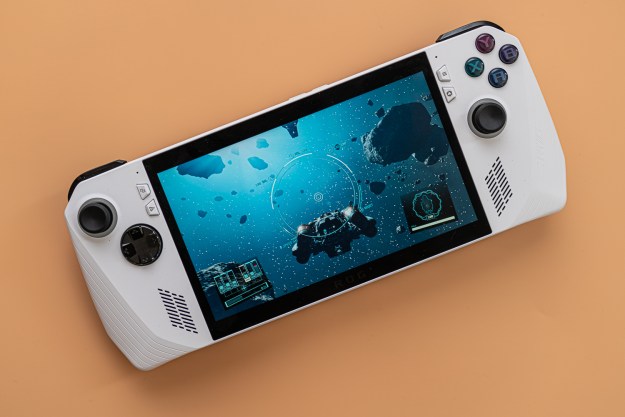The number of people that have hacking skills has exploded recently but it’s still possible to protect yourself against almost all attacks, according to Microsoft’s latest Digital Defense Report.
Microsoft has among the most complete collections of cybersecurity data compiled from Windows computers around the world and has analyzed that information to uncover some interesting insights for 2022. Something immediately obvious from the report is the threat from phishing attacks and ransomware is growing rapidly and at the same time becoming more sophisticated but you can still protect yourself.
A phenomenon known as hacktivism is responsible for readily available resources that enable anyone to gain the basic skills needed to launch a cyberattack. While the idea of hacking for good causes might be well-intentioned, the end result is that information is now easily accessible to anyone to use for any purpose. This has led to issues such as a 74% increase in password attacks, which equates to a mind-boggling 921 attempts every second.
The good news is that the most basic cybersecurity protections have been found to be sufficient to protect against 98% of these hacking attempts. The first and most obvious recommendation is to enable two-factor authentication (2FA) in all of your most important accounts. Your smartphone can be used as a way to identify that it is actually you logging in, making it significantly harder for a hacker to gain access to your computer, even if they know your password and your answers to security questions.
Additional steps that you should take include using antivirus software and keeping your computer’s operating system and apps updated with security patches. Microsoft also reminded businesses to do their part by applying Zero Trust principles and strongly protecting data. Zero Trust works just like it sounds, assuming nothing and trusting no one until they authenticate.
Microsoft’s 2022 Digital Defense highlights how intensive and widespread hacking has become and helps to explain the rigorous cybersecurity that we are all burdened with these days. As challenging as it might seem to follow logins with authentication, it is much easier than struggling to recover your data after being hacked. Preventing attacks with good security and vigilance is the best approach.
Editors' Recommendations
- Hackers can now sneak malware into the GIFs you share
- Hackers stole passwords from 140,000 payment terminals using malware
- You can manually download the release build of Windows 11 early — here’s how
- Here’s how to protect yourself from the Capital One data breach



